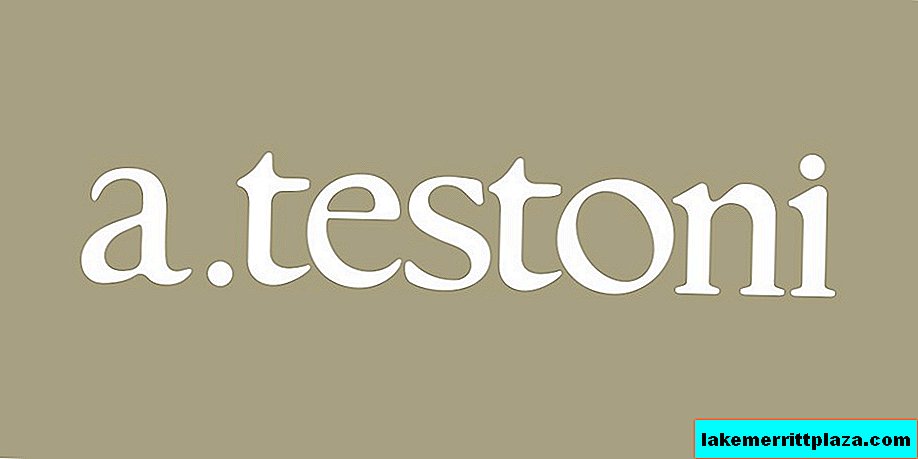I remember, about 7 years ago, a friend of mine, who began studying the Italian language, constantly told me how difficult it is. Knowing the nature of the acquaintance, I nodded, but believed that the problem was not so much in the language as in it: enthusiasm and perseverance can work miracles, but with the presence of these qualities there were questions to the acquaintance. Having experienced English and Greek before learning Italian, I still believe that complex and simple languages do not exist. There is little desire.
I must say right away that I did not write this article alone. Each beginner "Italian" is individual and it is wrong to look at everything exclusively from his bell tower. Therefore, I turned to Vika, our teacher of Italian, asking her to help with the writing of the article. She, as the current tutor of Italian, is much more aware of the difficulties that most students face.
Often, many start learning italian precisely because it is considered uncomplicated. Thus, they believe that with little blood they can add another language to their asset, which in the future can be monetized by an increase in salary, more prestigious work, etc. However, in the first weeks of its study, they encounter significant difficulties.
Indeed, the Italian language is not as simple as it seems at first glance, and it is worth immediately discarding thoughts of its successful and quick study without effort. But if you like the language and you are ready to work, and the chosen teacher has found the right approach, then studying will not be so difficult as exciting. Moreover, with each new lesson, you will be able to better understand Italians, their songs and films, and this is one of the richest and most cheerful cultures in the world.
But this is all a preamble. If we discard the “philosophy”, then what are the real difficulties that students who first try learning italian? The first thing that catches your eye right away is pronunciation. Although there is an opinion that in Italian it is simple - and at the level of individual sounds it really is - stress and intonation are not at all like our usual ones. Therefore, often students, even diligently studying the language, have a problem with the pronunciation of "like the Italians."

Having learned the rules, you can easily talk, read and write in Italian
Another common difficulty is the use of articles. And the point here is not only that they are absent in the Russian language, but also that it is difficult to formalize the use of articles in Italian with a few clear rules. With articles, students with experience in learning English will feel much more comfortable. If Italian is your first language, then you should be prepared to pay special attention to the articles.
Another difficulty in learning Italian, which has some similarities with English, is the use of prepositions. Template rules do not always apply here, and the use of many prepositions will directly depend on the words combined with them. Thus, many cases will simply have to be learned from memory, without being tied to specific rules.
And of course, the main difficulties in learning Italian for beginners are represented by the verb, or rather, a whole galaxy of times that are simply not in the Russian language. Moreover, in order not to make mistakes, in addition to the forms of the times, you will have to thoroughly understand their use. Altogether there are 14 tenses in Italian: 8 - indicative, 2 - conditional and 4 - subjunctive. Here, however, there is a facilitating factor: many times are formed according to similar principles, and not all of them are complex.
Mentioning the difficulties faced by students starting to learn the Italian language, it should be said that it is easy. Of course, first of all - this is spelling. Having learned the rules, you can easily write and read in Italian, which is extremely convenient. The grammar of Italian is also generally uncomplicated. She is slim, logical and almost unburdened with exceptions. Finally, Italian vocabulary is also quite simple, thanks to the huge number of words of Latin origin, and therefore used in various forms and in the Russian language.
Learning Italian with a tutor:
Regardless of the purpose of learning Italian, I can sincerely recommend Vika, my former tutor, who once dedicated me to the basics of the language. Vika taught courses for a long time, and for several years she has been practicing Italian classes on Skype. You can read more about her and the history of our acquaintance in an article BlogoItaliano will help you learn Italian online.
Photos by: Davide Cassanello, Rowena Blair.








